 As we come to the end of 2022, we’re taking a look back at some of our research and knowledge exchange successes from across the year.
As we come to the end of 2022, we’re taking a look back at some of our research and knowledge exchange successes from across the year.
In today’s blog post, members of the BU community share some of their highlights…
In 2022, we celebrated the REF 2021 results (and associated increase in QR funding) and our increase in performance in KEF2. We also supported BU to successfully retain the HR Excellence in Research Award for the 8th year.
We had a successful internal research audit and we received positive feedback from the Senate review on URPPC management, administration and advice.
We supported the launch of the Strategic Narratives, including organising the Online Public Lecture Series, and we ran our first research conference in several years, which was a great success. We also re-started our in-person Café Scientifique series and delivered several events as part of the ESRC Festival of Social Science.
We established the Research Excellence Team and welcomed the Business and Knowledge Exchange Managers to BU, as well as launching the RCaTS scheme.
We made further improvements to the RKE processes by working with the BU Transformation Team, such as the implementation of the enquiry management system, the eItB, and the launch of a new process for Research Centre memberships.
We’ve increased our number of bids compared to the previous year, which has led to some exciting new awards, such as Dr Philip Riris’ AHRC grant and a Knowledge Transfer Partnership led by Professor Marcin Budka.
RDS moved into Studland House and Joelle Fallows, RDS Operations Officer, has been instrumental in linking a new charity (Story Works, set up by Dee Hughes in FMC) with a local primary school, launched with a visit from Michael Rosen (the charity patron) to BU – pretty cool!
Julie Northam, Head of RDS
The work being undertaken by myself and Henry Bang from the BUDMC has had major impacts through projects such as AFRICAB, EVALDIS and ELIED, working with governmental organisations in preparing for, responding to, and recovery from crisis.
Elsewhere in the Faculty, Professor Mike Silk has concluded his big grants around the Paralympics, with major coverage in the year of the Paralympic Games; Professor Dimitrios Buhalis’s achievement of being the most cited academic in terms of individual papers in the field of Tourism and Hospitality; Professor Janet Dickinson and her exciting e-drones project; and Professor Chris Chapleo has been supporting local business Actisense, enhancing and automating their customer service through a Knowledge Transfer Partnership.
Professor Lee Miles, Deputy Dean for Research and Professional Practice, BU Business School
As part of the BOU (British Ornithological Union) panel that records fossil and archaeological birds from the last 2.6 Million years for the official British list (category F) we published a paper in Ibis detailing our database. This can be used to inform policy decisions on native status of British birds. The paper includes a discussion of some of the more interesting and controversial records like the mandarin duck, pigmy cormorant etc.
Professor John Stewart, Professor of Evolutionary Palaeoecology, Faculty of Science and Technology
The launch of the Research Excellence Manager role, full stop; having a role which has specific responsibilities for BU’s research environment and research culture is pretty brilliant. Equally, the launch of the Research ‘Most Excellent’ team – having a team with this lens brings a lovely perspective to the work we do.
Our REF results and QR funding increase was a massive achievement and testament to the hard work everyone has been putting in for years. We’ve been rejuvenating connections among the UOA teams, with a large number of expressions of interest from staff wanting to get involved (50 plus), ranging from ECRs to Professors. We’ve also been working with academic colleagues to achieve 100% compliance on our Research Outcomes submission.
We have lively, active and full research leadership programmes, ECR network and almost fully represented Research Staff Association, and the research conference had a large number of attendees and great speakers – cracking!
It’s been great to reconnect our RDS team after a few unsettling and disjointed years and move into our new home on the 8th floor of Studland House (complete with sea views!) Finally, a special shout out to Peng Peng Hatch for being awarded the Doctorate in Education!
Shelly Anne Stringer, Research Excellence Manager, RDS
A paper published by Dr Laura Renshaw-Vuillier, Dr Rachel Moseley and Dr Maddy Greville-Harris (entitled “The impact of the COVID-19 pandemic on individuals with eating disorders: the role of emotion regulation and exploration of online treatment experiences”) was selected for the Best COVID-19 2022 Research Paper award in the Journal of Eating Disorders.
Professor Jan Wiener, Department of Psychology, Faculty of Science and Technology
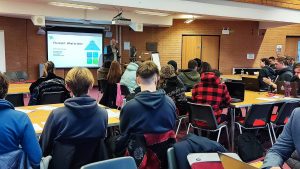
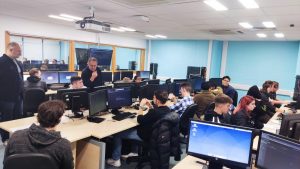

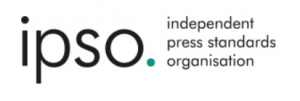
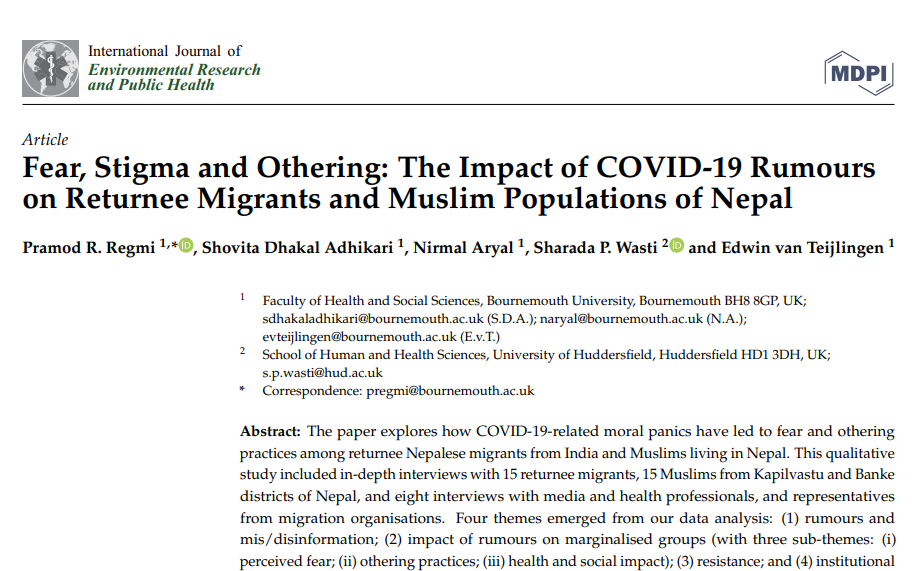
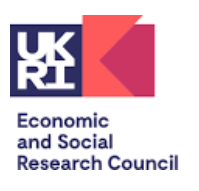



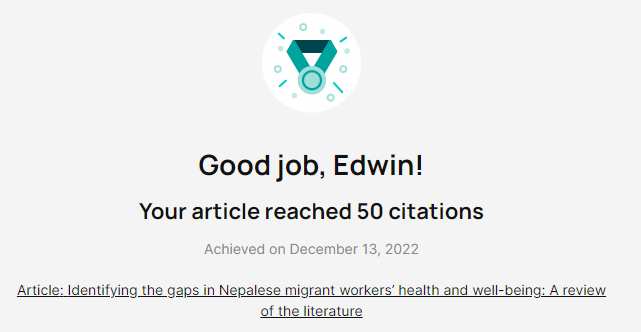


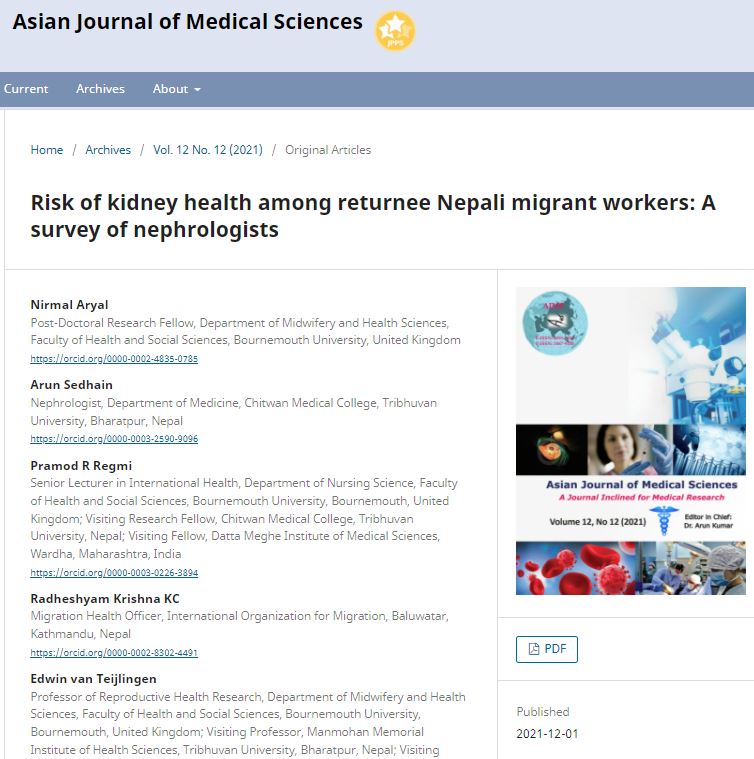
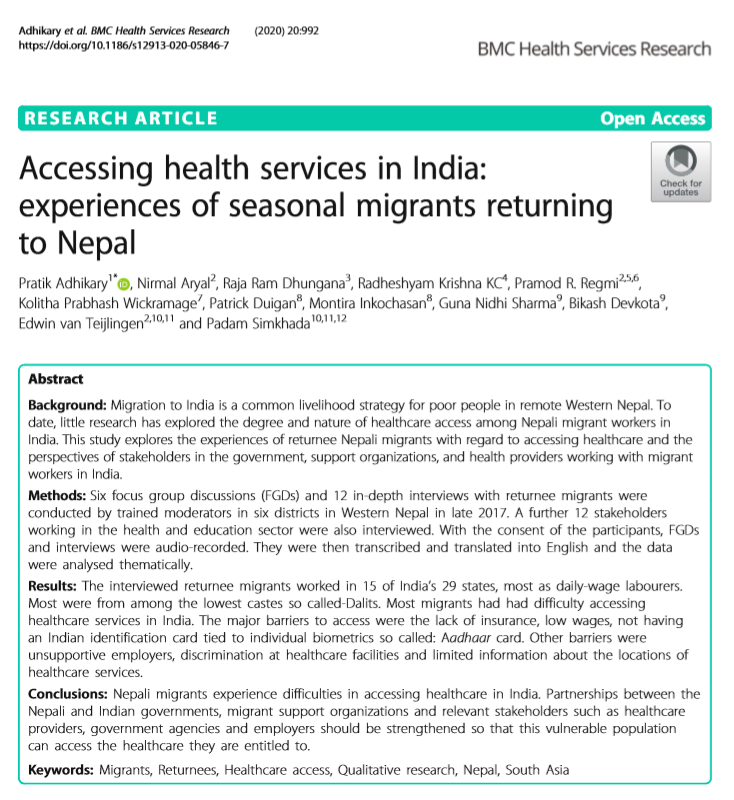

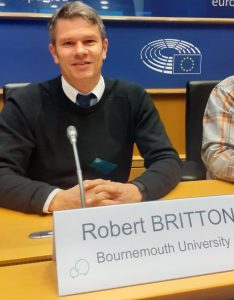


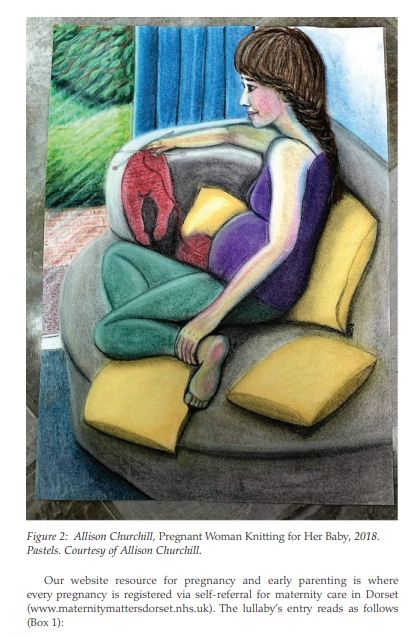
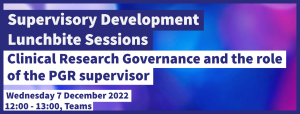

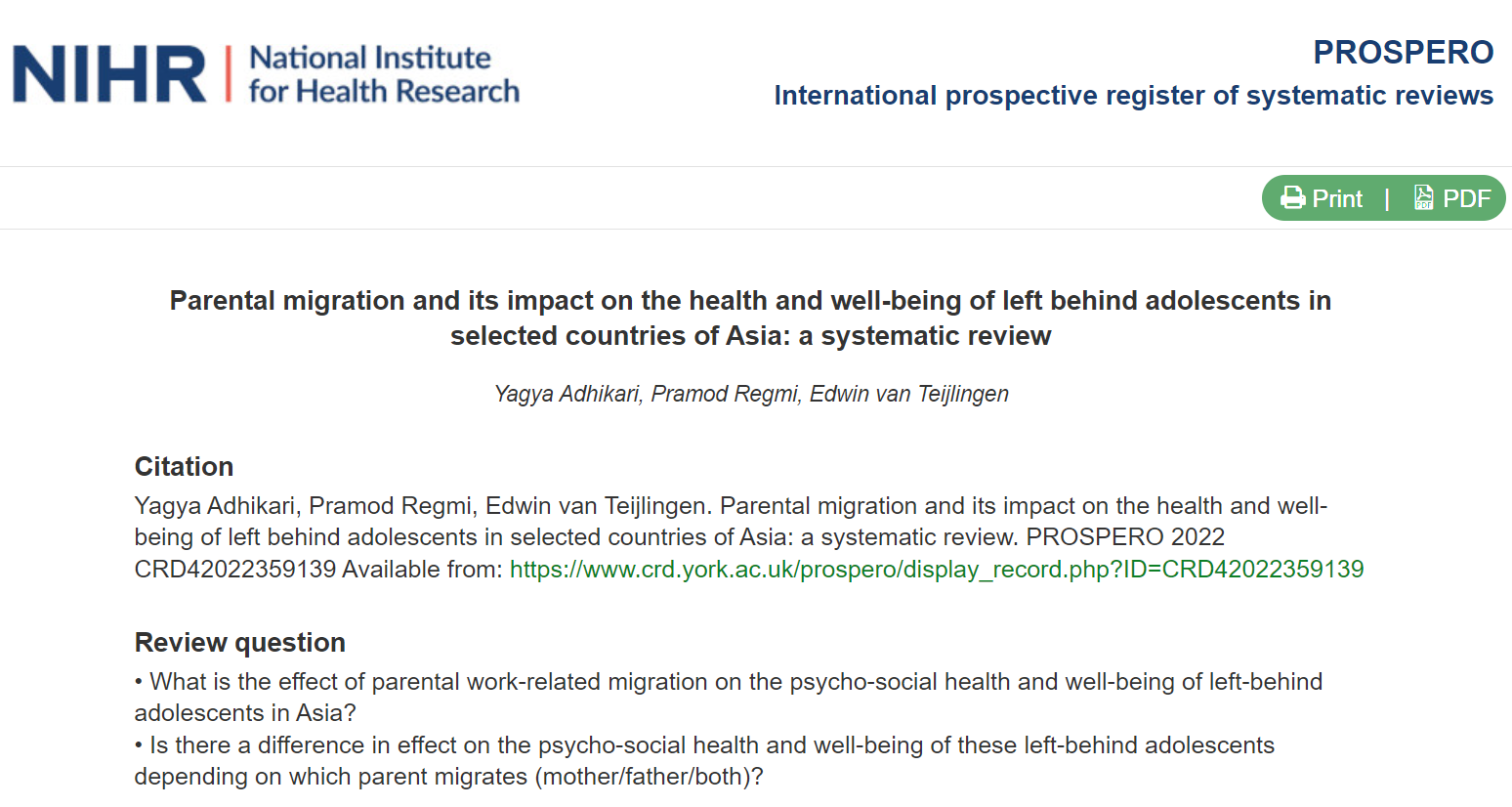
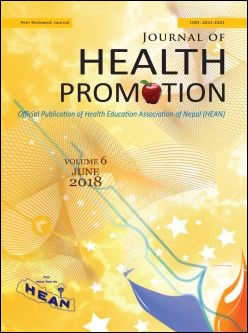
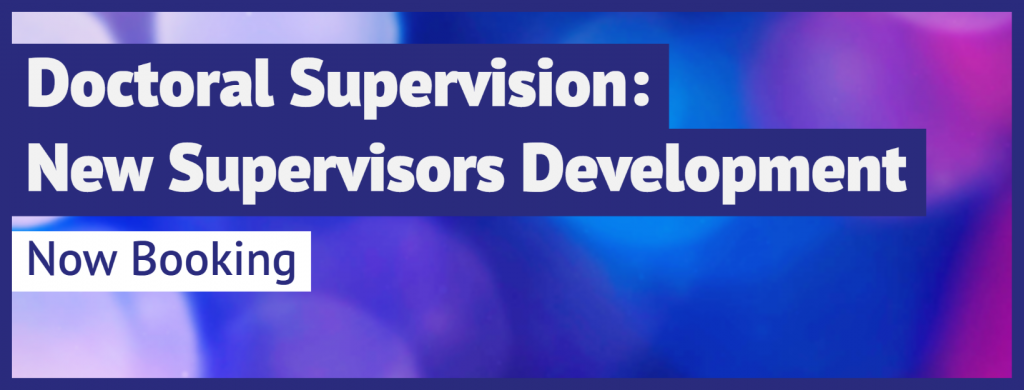
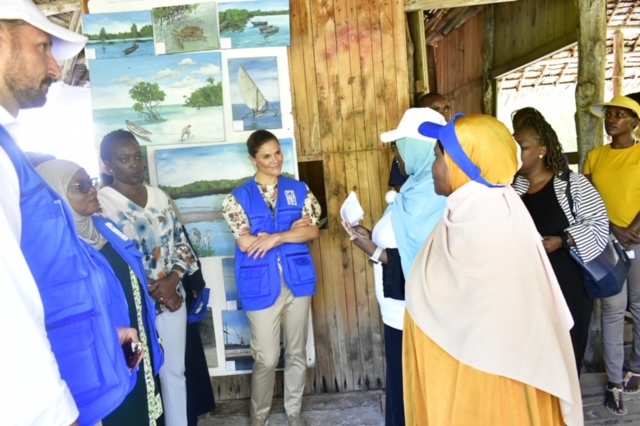

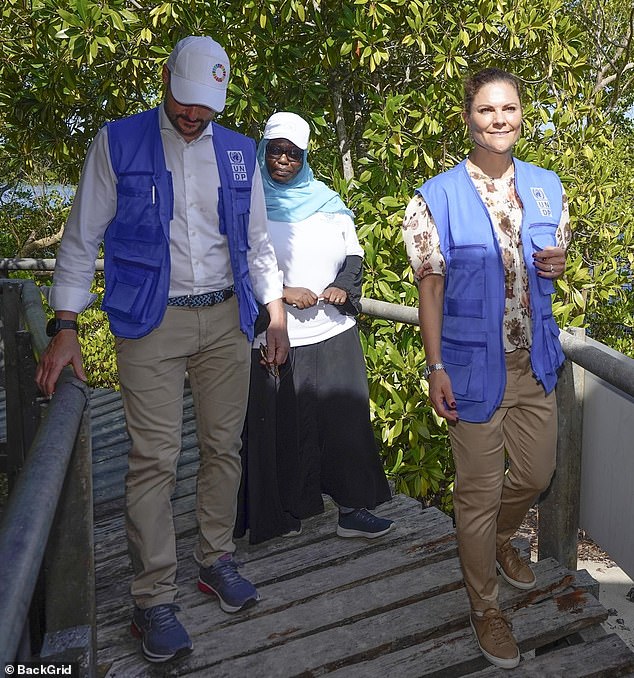
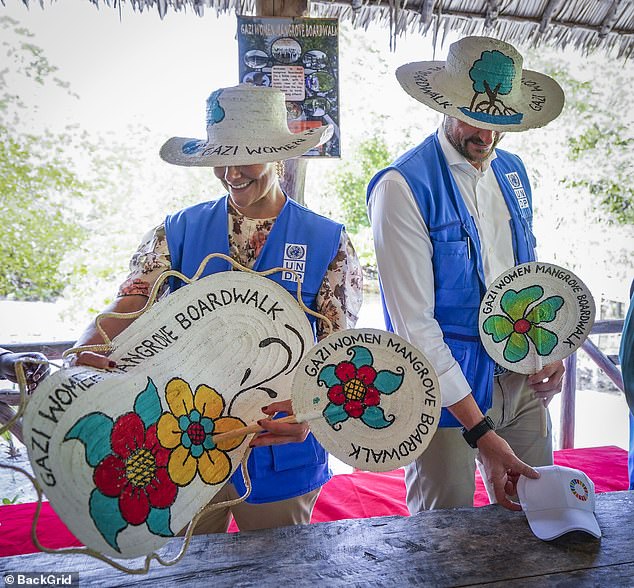
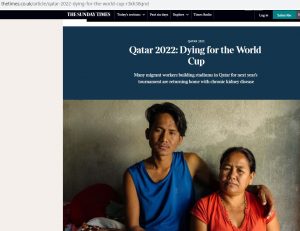

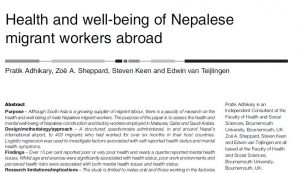











 Read and sign up to BU’s Policy Influence Digest
Read and sign up to BU’s Policy Influence Digest Upcoming opportunities for PGRs – collaborate externally
Upcoming opportunities for PGRs – collaborate externally BU involved in new MRF dissemination grant
BU involved in new MRF dissemination grant New COVID-19 publication
New COVID-19 publication MSCA Postdoctoral Fellowships 2024
MSCA Postdoctoral Fellowships 2024 Horizon Europe News – December 2023
Horizon Europe News – December 2023